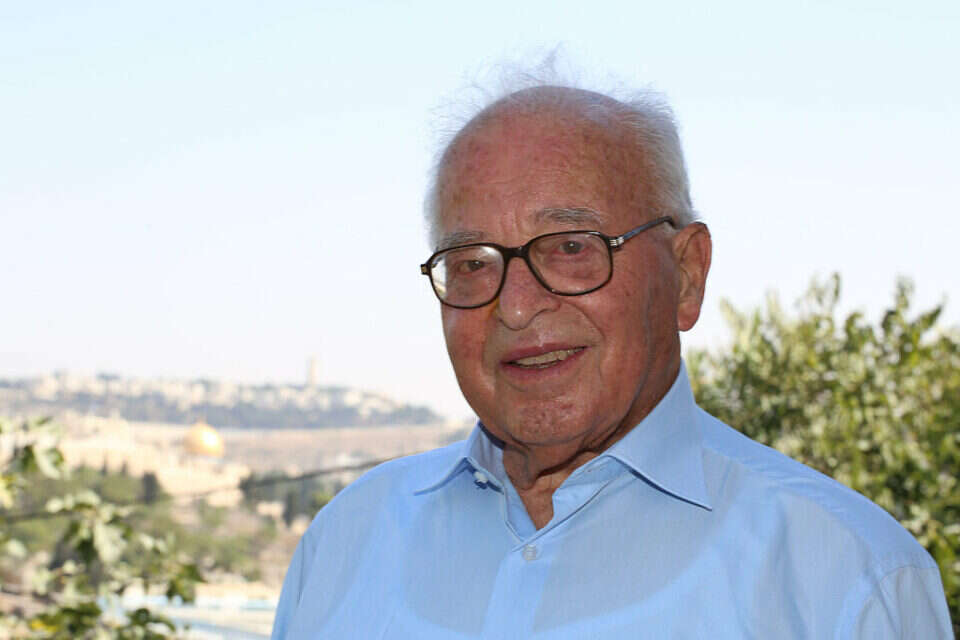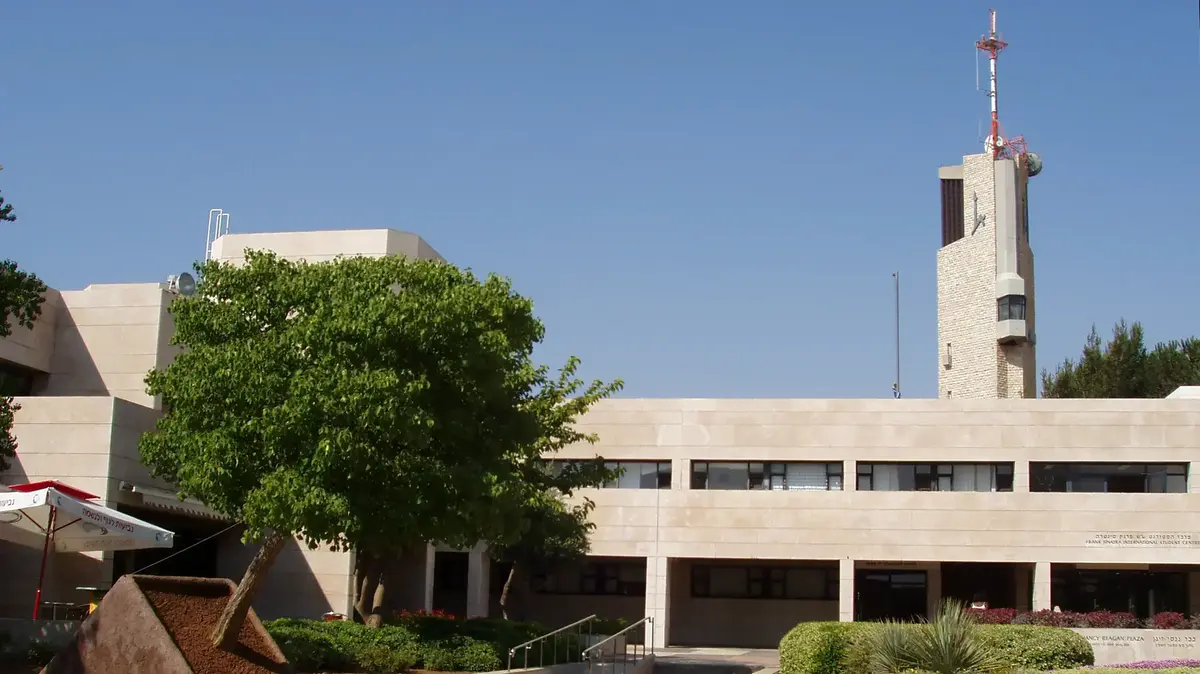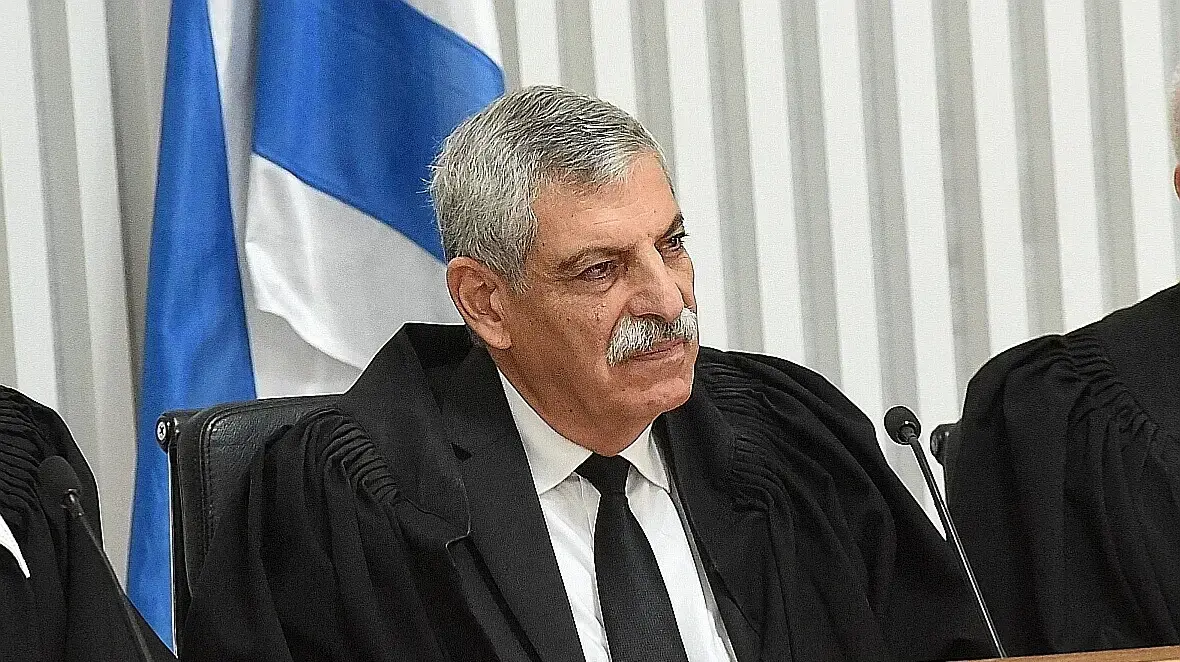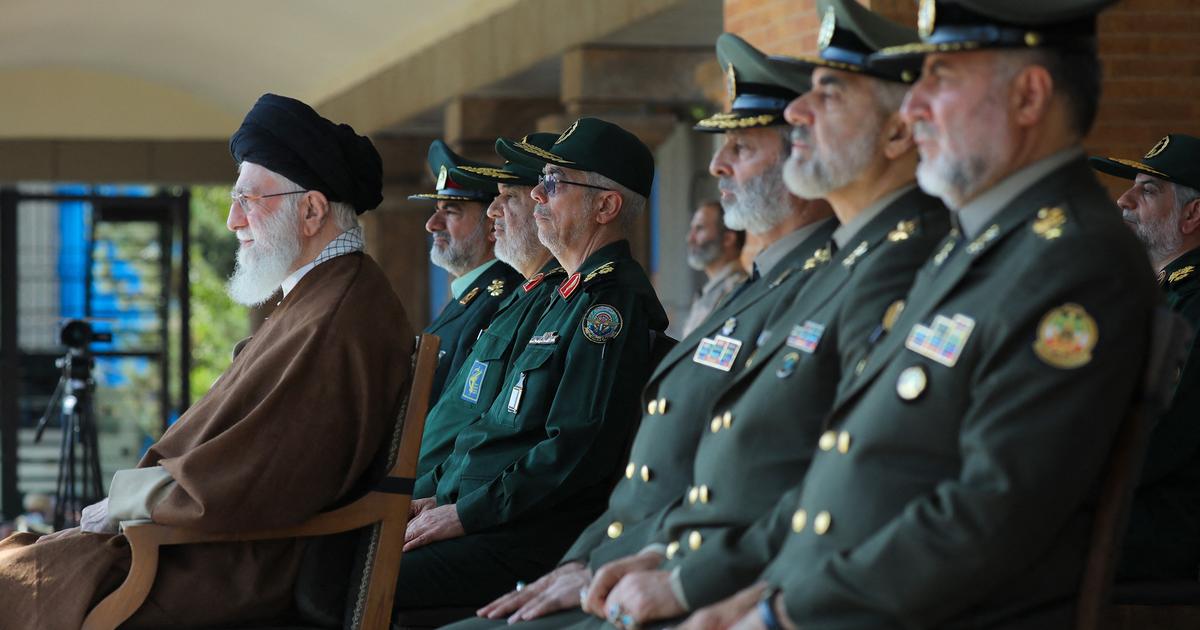The winner of the Israel Prize, Professor Eliezer Shavid, who passed away, was one of the greatest Zionist thinkers of our time.
Shavid has authored dozens of books and hundreds of articles on Zionism and Jewish thought, and in addition to his tremendous academic work, he was among the liberators of Safed in 1958 as a Palmach fighter in the Yiftach Brigade as well as the founders of Kibbutz Tzora.
Shavid joins a line of spiritual giants who have left us recently, including Rabbi Adin Steinsaltz, Rabbi Yonatan Zacks and the late Prof. Ruth Gavison, who have faced the spiritual and ideological challenges facing the people of Israel.
In my opinion, both as an educator and as a public messenger, more than he had a researcher of Jewish thought - he was an educator and a guide.
He formulated the deep rift in Zionism well and knew how to point to its root - the crisis of Jewish identity.
He did not content himself with diagnosing the crisis as an outside observer, but knew how to draw lines of action for its solution out of a sense of mission and a deep involvement in the fate of his people.
At a conference of school principals and social coordinators in 1974, marking the one-year anniversary of the Yom Kippur War, Shavid accepted, even then, the education system that prepares young people for life in only one sense: The boy is not educated to see himself as obligated towards his family, towards society and towards the nation.
Here Shavid marked the first floor of the crisis of Zionism, the rise of the materialist-pragmatic conception of the idealist-humanist conception, a phenomenon that surrounded the entire West with the decline of the great modern ideologies after World War II.
We recently found a prominent expression of this trend on the giant poster in Herzliya: "The best for cyber."
Traditional feelings of belonging, based on a sense of duty to the family, society and the nation, Prof. Shavid argued, were suppressed and replaced by universal conceptions that sanctify the centrality of the individual and his innate right to "self-realization."
As a result, there was a growing sense of alienation from Jewish nationalism, religion and culture, and in any case also from the national movement of the Jewish people - Zionism.
Here Shavid marked the second floor of the crisis of Zionism, the crisis of Jewish identity.
Post-Zionism, Shavid argued, offers Israeliness instead of Zionism, Israel will be a state of all its citizens on a territorial basis and not on the basis of its original purpose - the national home of the Jewish people.
In fact, Shavid revealed that "post-Zionism reveals the full meaning of its claims as an ideology that advocates a post-Jewish Israeli identity."
The success or failure of Jewish education and the shaping of Israel's cultural identity will determine the future of the Zionist enterprise and, in any case, the future of the Jewish people.
Failure to succeed in the mission will cast a heavy shadow over the continued existence of our people, a success that obliges us to a Jewish-Zionist renaissance, the dream of Shavid and the dream of many of the citizens of Israel, whether they knew him or not.
Were we wrong?
Fixed!
If you found an error in the article, we'll be happy for you to share it with us











/cloudfront-eu-central-1.images.arcpublishing.com/prisa/KMEYMJKESBAZBE4MRBAM4TGHIQ.jpg)


